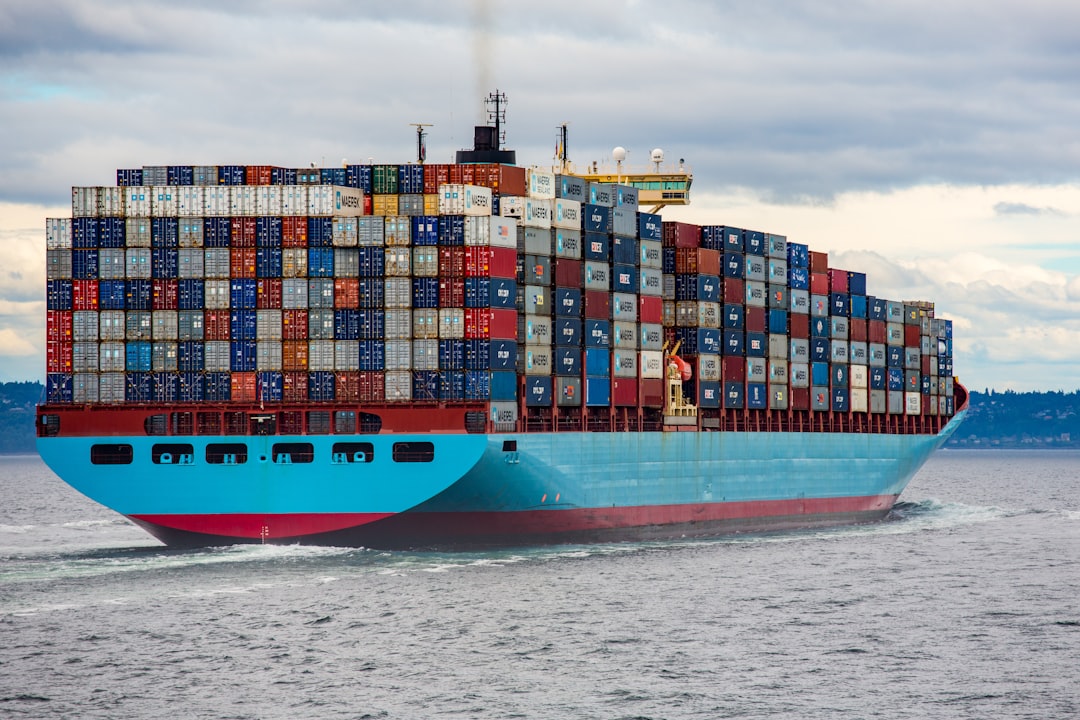Taiwan Gears Up for Trade Talks with the U.S. Amidst Tariff Threats
Taipei Aims to Mitigate the Impact of Potential U.S. Tariffs on Key Taiwanese Exports

Taipei, Taiwan - In response to the threat of sweeping tariffs from the United States, Taiwan is preparing to engage in crucial trade negotiations. According to Taiwan's top trade negotiator, Yang Jen-ni (楊珍妮), the primary objective of these talks is to alleviate the impact of the proposed duties pledged by U.S. President Donald Trump on Taiwanese goods.
During a recent press conference in Taipei, Yang, who also serves as the Cabinet's minister without portfolio, revealed that the government has strategic plans to address the situation. While details were not disclosed, she emphasized the importance of protecting Taiwanese industries, businesses, and their global competitiveness. The specific goal is to either reduce the scope of the tariffs targeting the majority of Taiwanese exports or minimize their negative effects.
The U.S. has announced a 32 percent "reciprocal tariff" on most Taiwanese products entering the U.S., scheduled to take effect on April 9. Certain goods, including copper, pharmaceuticals, and semiconductors, are exempt from this measure. Furthermore, Taiwan's auto parts manufacturers face a 25 percent import tax, expected to be implemented before May 3, following the expansion of U.S. duties on foreign automobiles.
The Office of Trade Negotiations, headed by Yang, will highlight Taiwan's ongoing efforts to reduce its trade surplus with the U.S. Initiatives include encouraging Taiwanese investment in the U.S. and increasing purchases of American raw materials. Yang also mentioned the government's willingness to consider addressing concerns raised by the Trump administration, such as tariffs, currency manipulation, and government subsidies, as potential justifications for the U.S. tariffs on other countries.
Regarding the potential use of Taiwan Semiconductor Manufacturing Co.'s (TSMC) reported chipmaking joint venture with Intel Corp. in the U.S. as a bargaining chip, Yang refrained from commenting. However, she noted that any overseas investment plans by Taiwanese enterprises would be subject to review by the Ministry of Economic Affairs (MOEA).
TSMC's substantial investment of US$100 billion to construct three new foundries, an R&D center, and two packaging facilities in Arizona, in addition to its prior commitment of US$65 billion, received approval from MOEA's Department of Investment Review in late March.
The Cabinet, led by Premier Cho Jung-tai (卓榮泰), is coordinating efforts through the trade office and a working group established in the wake of the second presidency of Donald Trump. This working group, spearheaded by Vice Premier Cheng Li-chiun (鄭麗君) and the Cabinet's Secretary-General Kung Ming-hsin (龔明鑫), is responsible for handling trade and economic matters between Taiwan and the U.S.
Other Versions
Taiwán se prepara para las conversaciones comerciales con EE.UU. en medio de amenazas arancelarias
Taïwan se prépare à des négociations commerciales avec les États-Unis malgré les menaces de droits de douane
Taiwan Bersiap untuk Pembicaraan Perdagangan dengan AS di Tengah Ancaman Tarif
Taiwan si prepara ai colloqui commerciali con gli Stati Uniti tra le minacce di tariffe doganali
台湾、関税の脅威の中で米国との貿易協議に備える
대만, 관세 위협 속에서 미국과의 무역 협상을 준비하다
Naghahanda ang Taiwan para sa Usapang Pangkalakalan sa U.S. sa Gitna ng Mga Banta ng Taripa
Тайвань готовится к торговым переговорам с США на фоне тарифных угроз
ไต้หวันเตรียมพร้อมสำหรับการเจรจาการค้ากับสหรัฐฯ ท่ามกลางภัยคุกคามด้านภาษี
Đài Loan Chuẩn Bị cho Đàm Phán Thương Mại với Hoa Kỳ Giữa Những Đe Dọa Thuế Quan
